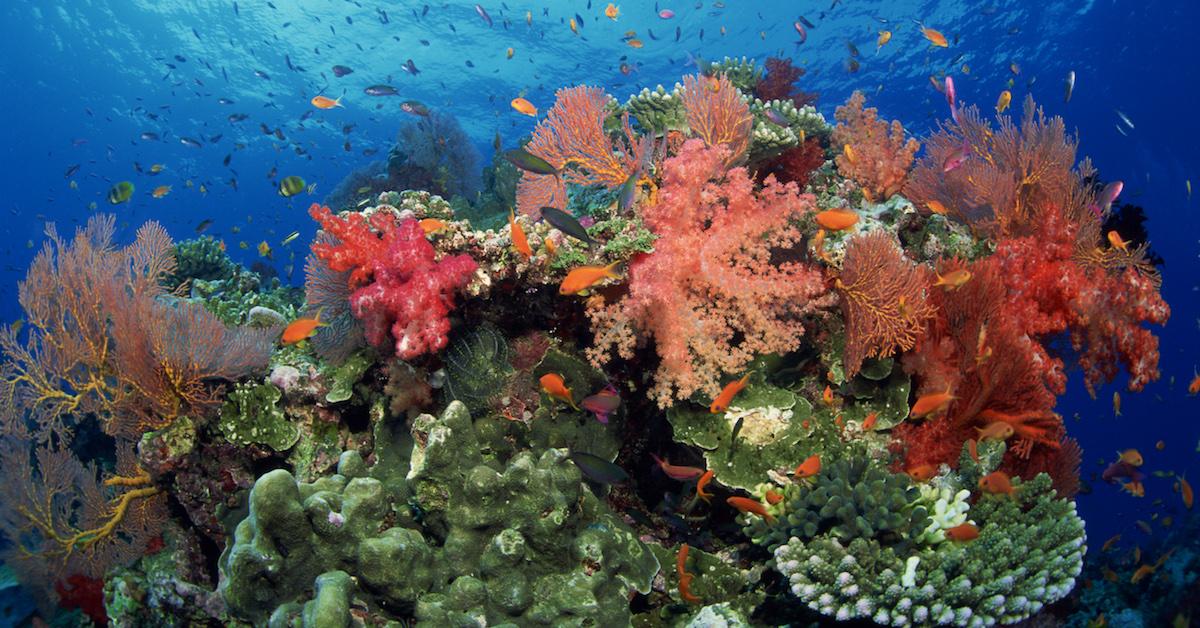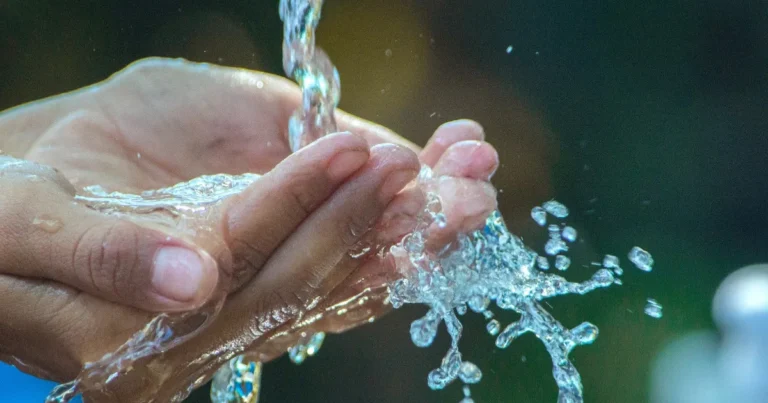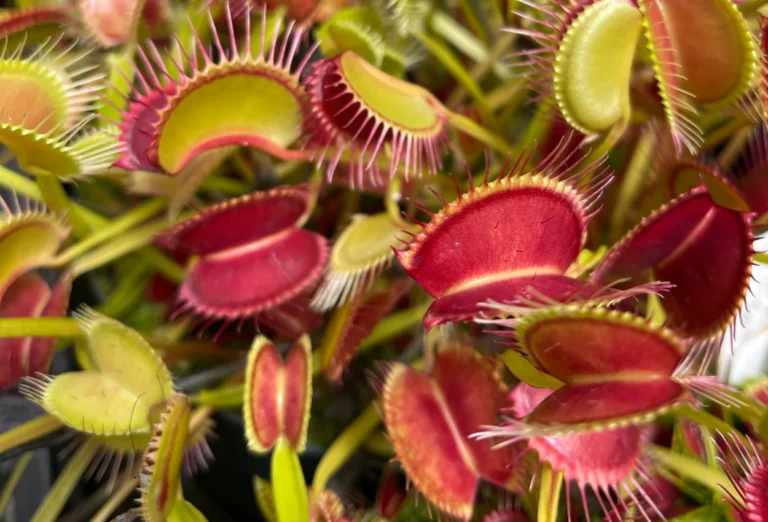Immerse yourself in the underwater world of Ocean Oasis, a remarkable journey that explores the pivotal role of coral reefs in preserving marine biodiversity and our planet. In the heart of the seas, beneath the vast blue surface, these thriving ecosystems – often called the ‘rainforests of the sea’ – are a life-sustaining force for countless marine species and play an instrumental role in climate regulation.
Dive into a vibrant spectrum of life in this in-depth exploration. Here we examine the intricate relationships within these reef systems, their impact on marine life, and how they function as one of the world’s most productive ecosystems. The seemingly infinite variety of creatures, from the smallest plankton to the largest predators, depend on the coral reefs for survival, setting up a dynamic narrative of interdependence and resilience.
The state of our oceans is more critical than ever, as climate change poses a severe threat to these delicate ecosystems. This exploration will bring into focus the urgent need to protect and preserve these underwater rainforests. With their integral role in carbon storage, weather patterns, and the survival of many marine species, the health of our coral reefs is a global priority.
Coral reefs are not only a sanctuary for marine life but also a protector of our coastlines. They act as natural barriers, absorbing wave energy and reducing the impact of storms, floods, and erosion. Without them, the ramifications on coastal communities and the economies they support could be catastrophic.
Prepare to embark on this enlightening journey that uncovers the beauty, complexity, and vulnerability of our coral reefs. By gaining a deeper understanding of these underwater worlds and their paramount significance, we hope to inspire a call to action. It’s time to acknowledge and act upon the vital role coral reefs play in sustaining marine life and protecting our planet.
The Function of Coral Reefs in the Ocean Ecosystem
Coral reefs, often referred to as the “rainforests of the sea,” play an instrumental role in the marine ecosystem. They are predominantly composed of calcium carbonate secreted by generations of tiny coral polyps, and they serve as crucial habitats for countless marine organisms.
These vibrant underwater structures are hotspots of biodiversity, supporting more species per unit area than any other marine environment. Fish, mollusks, crustaceans, sea turtles, sponges, and countless microorganisms all rely on coral reefs either directly for shelter and food or indirectly as part of a complex food web. The reef provides both a physical and ecological foundation, fostering intricate relationships between predator and prey, symbiotic species, and reproductive cycles.
Beyond providing habitat, coral reefs are essential for maintaining the balance of marine life. They serve as nurseries for many marine species, offering protection to juvenile fish and invertebrates from predators until they are strong enough to venture into open waters. These young species eventually become vital components of larger ecosystems and food chains, highlighting the ripple effect coral reefs have on broader ocean health.
One of the most vital roles coral reefs play is in nutrient cycling. In nutrient-poor tropical waters where reefs are typically found, they act as nutrient hubs. Corals, algae, and reef-associated organisms participate in complex interactions that recycle nutrients efficiently. For example, symbiotic zooxanthellae—microscopic algae living inside coral polyps—use sunlight to produce energy through photosynthesis, sharing the nutrients with their coral hosts. In return, the corals provide shelter and carbon dioxide for the algae. This relationship not only powers the reef but also ensures that essential elements like nitrogen and phosphorus remain available within the ecosystem.
Coral reefs also contribute to water filtration. Organisms such as sponges, clams, and filter-feeding fish clean the water as they feed, removing plankton, detritus, and even excess bacteria. This helps maintain clarity and balance in the surrounding waters, benefiting both the reef and nearby marine environments like seagrass beds and mangrove forests.
Biodiversity and Habitats
Coral reefs are remarkably rich in biodiversity. They house a myriad of species, from microscopic plankton to massive sharks. Their complex structure provides countless niches and habitats, making them an ideal home for many marine species. Despite covering less than 0.1% of the ocean’s surface, they support an estimated 25% of all marine species. This immense diversity not only adds to the overall productivity of the ecosystem but also enhances its resilience.
The intricate architecture of coral reefs—formed by countless generations of coral polyps building calcium carbonate skeletons—creates an expansive three-dimensional environment. This provides shelter, breeding grounds, and hunting areas for organisms at all levels of the food chain. Tiny crustaceans and mollusks hide within crevices, while schools of fish weave through coral branches, and apex predators like reef sharks patrol the perimeters.
Each organism plays a role in maintaining the balance of the ecosystem. Herbivorous fish, such as parrotfish and tangs, graze on algae that could otherwise overwhelm coral colonies. In turn, predatory fish control herbivore populations, while invertebrates like sea urchins and sponges contribute to reef cleaning and nutrient recycling. Even the corals themselves participate in this dynamic, forming mutualistic relationships with algae (zooxanthellae) that fuel reef growth through photosynthesis.
This dense biodiversity also provides a form of biological insurance. In ecosystems with high species richness, if one species is lost or declines, others may fulfill similar roles, maintaining overall function. This redundancy is a cornerstone of ecosystem resilience, especially as reefs face increasing threats from climate change, pollution, and overfishing.
Moreover, the presence of such varied life forms makes coral reefs hotspots for evolutionary innovation. Isolated by reef structures and influenced by a variety of microhabitats, species on reefs often adapt uniquely, leading to high rates of endemism. This means that many species found on a particular reef exist nowhere else on Earth, making each reef a unique reservoir of genetic diversity.
From a human perspective, this biodiversity is invaluable. It supports commercial and subsistence fisheries, attracts tourism, and holds potential for bioprospecting—researching marine organisms for new medicines and technologies. Protecting coral reefs is, therefore, not only an ecological necessity but a direct investment in global health, food security, and economic sustainability.
Nutrient Cycling
Coral reefs play a vital role in nutrient cycling. They filter and clean the water by removing nutrients, sediments, and other pollutants from the water column. These nutrients are then utilized by other organisms within the ecosystem. By performing this function, coral reefs contribute to the overall health and productivity of the marine environment.
The Protective Role of Coral Reefs
Coastal Protection
Coral reefs serve as natural barriers that protect coastlines from storm surge and wave action. They dissipate wave energy, reducing erosion and preventing loss of land and property. In fact, it is estimated that the absence of these natural barriers would increase the damage caused by natural disasters by up to $94 billion annually.
Climate Change Mitigation
Coral reefs are significant carbon sinks, absorbing CO2 from the atmosphere and storing it in their calcium carbonate skeletons. This process helps to regulate the global carbon cycle and mitigate the effects of climate change. However, it’s important to note that the ongoing health of coral reefs is directly influenced by the state of global climate patterns.
Threats to Coral Reefs and Their Implications
Climate Change and Ocean Acidification
Rising sea temperatures, a direct consequence of climate change, can lead to coral bleaching, a phenomenon where corals expel the symbiotic algae living in their tissues, leading to their death. Additionally, increased CO2 levels lead to ocean acidification, impairing the ability of corals to build their calcium carbonate skeletons.
Overfishing and Destructive Fishing Practices
Overfishing can lead to imbalances in the reef ecosystem, negatively impacting its overall health. Destructive fishing practices, such as using cyanide or dynamite, can cause irreversible damage to coral reefs.
Conservation Efforts and the Way Forward
Marine Protected Areas
Establishing Marine Protected Areas (MPAs) is one effective conservation strategy. These are areas where human activities, such as fishing, are limited or completely banned, providing a safe haven for coral reefs and other marine organisms.
Restoration Initiatives
A range of restoration initiatives, such as coral gardening and reef rehabilitation, are being implemented worldwide. These involve growing corals in nurseries and then transplanting them onto degraded reefs.
Technology and Coral Reef Conservation
Remote Sensing and Monitoring
Remote sensing technology, like satellite imagery and drones, allows scientists to monitor reef health on a large scale. Data collected can guide conservation efforts and enable early detection of threats like coral bleaching.
Artificial Intelligence and Machine Learning
AI and Machine Learning are also being harnessed for coral reef conservation. They are used in image recognition to identify and classify different types of corals and assess their health status.
Our Role in Coral Reef Conservation
Reduce, Reuse, and Recycle
Reducing our carbon footprint, by reducing, reusing, and recycling, can help mitigate climate change, one of the biggest threats to coral reefs.
Educate and Advocate
Educating others about the importance of coral reefs and advocating for their protection is also crucial. This can involve sharing information, signing petitions, or supporting conservation organizations. But beyond these individual acts, education and advocacy have the power to generate large-scale impact, influencing policy decisions, shifting cultural values, and driving community-level engagement.
Awareness is the foundation of change. Many people are unaware that coral reefs are not just colorful underwater attractions but are essential to global ecosystems and human well-being. By spreading knowledge—whether through social media, educational programs, public talks, or simply word of mouth—we can help others understand how their choices, from energy consumption to seafood selection, directly affect reef health.
Advocacy amplifies this knowledge by turning it into action. Writing to elected officials, supporting reef-friendly legislation, and promoting sustainable marine policies are vital ways to advocate for systemic change. In democratic societies, public pressure has historically been a powerful catalyst for environmental protection, and coral reefs are no exception. Mobilizing community voices can influence regulations that reduce coastal development, limit destructive fishing practices, and fund marine protected areas.
Schools, universities, and research institutions also play an essential role in this effort. Incorporating marine biology and environmental science into curriculums helps cultivate a generation of informed citizens and future conservationists. Likewise, documentaries, books, and immersive reef experiences—such as virtual reality or snorkeling ecotours—can foster emotional connections with these fragile ecosystems and inspire lifelong stewardship.
Support for conservation organizations is another effective way to make a difference. Many NGOs and marine research institutes are actively restoring reefs, monitoring health indicators, and engaging in scientific outreach. Donating to or volunteering with such organizations helps sustain their important work and extends your impact far beyond individual actions.
Ultimately, the more people understand the value of coral reefs, the more likely they are to care—and act. A global culture that values and protects reef ecosystems is essential for their survival. Informed citizens become empowered advocates, and empowered advocates become the driving force behind lasting environmental change.
By choosing to educate and advocate, we each become guardians of the ocean’s most vital ecosystems. In doing so, we help ensure that coral reefs continue to flourish for generations to come, maintaining the balance of marine life and the well-being of coastal communities worldwide.
Conclusão
In conclusion, the article “Ocean Oasis: Exploring the Vital Role of Coral Reefs in Sustaining Marine Life and Protecting Our Planet” highlights the fundamental significance of coral reefs in marine biodiversity and global climate regulation. These underwater ecosystems are not only home to a myriad of marine species, but they also serve as the planet’s primary natural defense line against coastal erosion and destructive wave action. However, the escalating threats posed by climate change, pollution, and unsustainable fishing practices are rapidly degrading these crucial habitats. Therefore, it’s imperative that we prioritize the protection and restoration of coral reefs to safeguard our planet’s health and our future. Indeed, every action taken to preserve these marine oases contributes to the broader goal of building a more sustainable world. The ocean’s resilience and ability to recover are awe-inspiring, but it requires our help. If we rise to this challenge, we can secure a healthier, more sustainable future for the marine life that depends on these coral reefs, and ultimately, for ourselves. Thus, as stewards of the planet, let’s commit to preserving these vital ocean oases, truly embodying the adage that every drop in the ocean counts.



